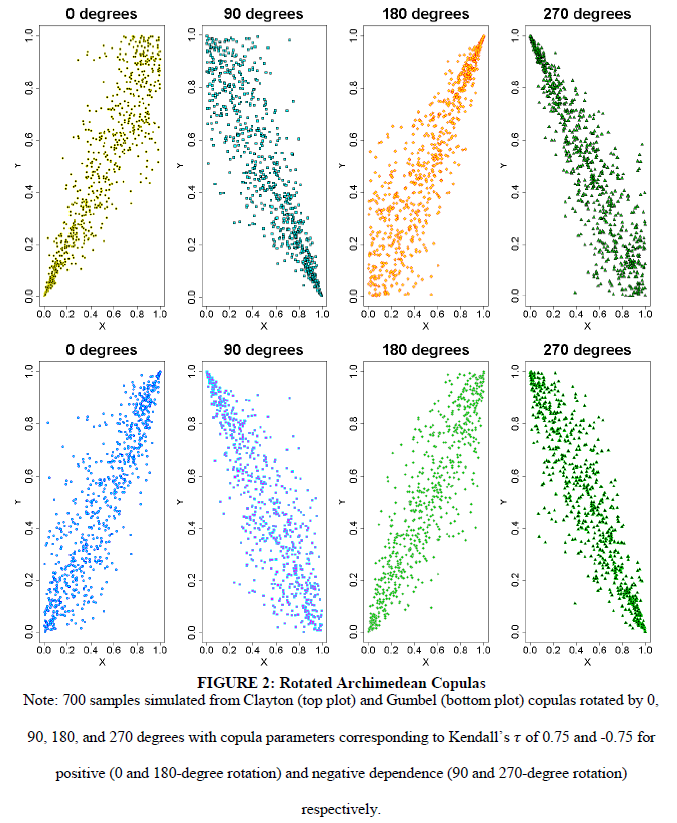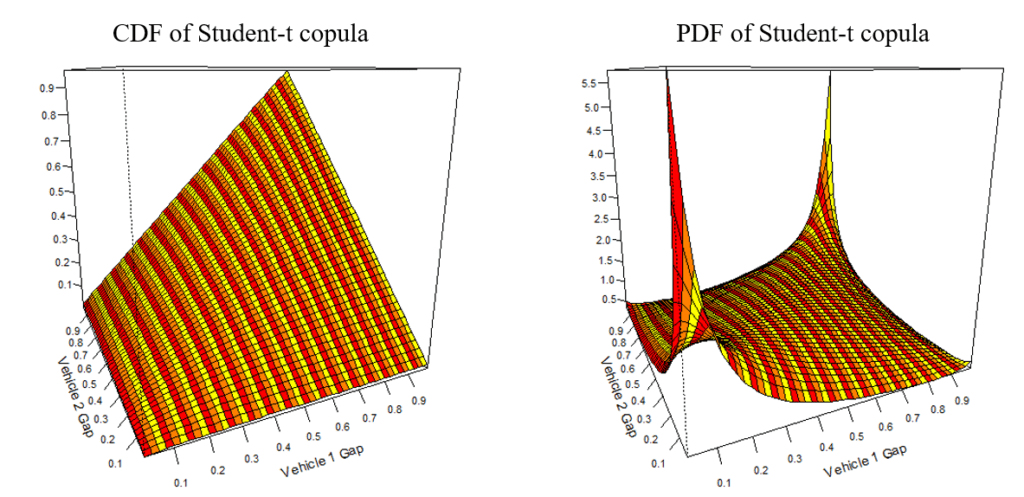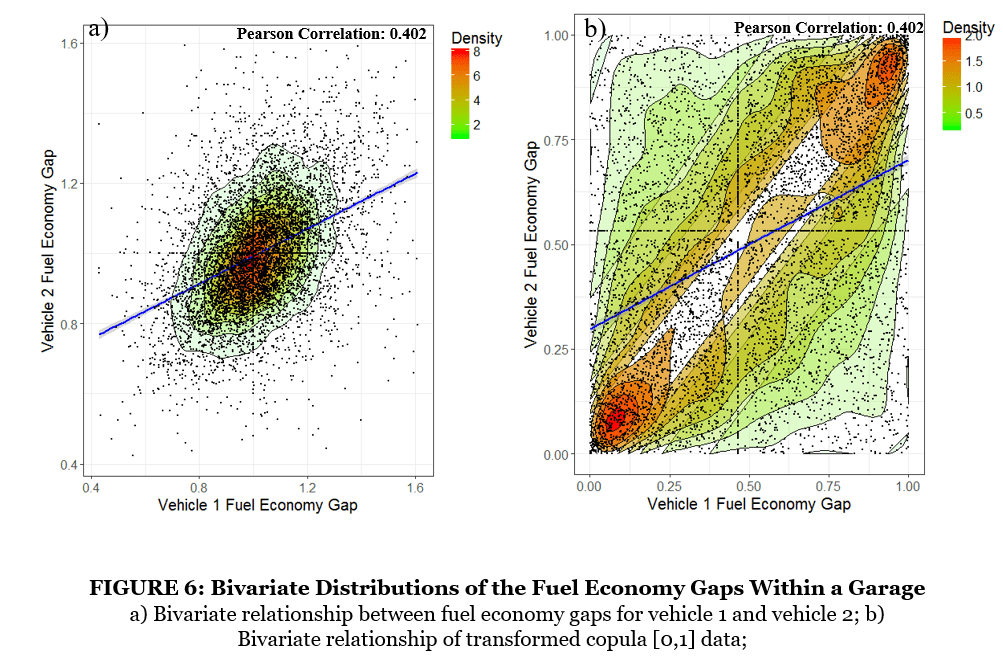Household Fuel Economy to Support Vehicle Purchasing Decisions
A key purpose of the U.S. government fuel economy ratings is to provide precise and unbiased fuel economy estimates to assist consumers in their vehicle purchase decisions. For the official fuel economy ratings to be useful, the numbers must be relatively reliable. This study focuses on quantifying the variations of on-road fuel economy relative to official government ratings (fuel economy gap) and seeks proper characterizations for the degree of stochastic dependence between the fuel economy gaps of pairs of vehicles. By using unique data reported by customers of the U.S. government website www.fueleconomy.gov, the study presents an innovative copula-based joint-modeling and forecasting framework for exploring the complex stochastic dependencies (both nonlinear and non-normal) between the fuel economy gaps of vehicles reported by the same person. While the EPA label estimates are similar to the average numbers reported by website customers, significant, non-linear variation exists in the fuel economy gaps for the two vehicles across the sample. In particular, a positive dependence, characterized by Student-t copula, is observed between the fuel economy gaps of the two vehicles with significant dependencies in the tails of the bivariate distribution; a pair in which one vehicle achieves better (worse) fuel economy is likely to contain a second vehicle getting better (worse) fuel economy as well. However, the results also suggest that the strength of overall association is weak (Kendall’s Tau = 0.28). This implies a lack of compelling agreement between fuel economy gaps which could weaken consumers’ confidence in making relative comparisons among vehicles.



Publications:
Wali, B., Greene, D. L., Khattak, A. J., & Liu, J. (2018). Analyzing within garage fuel economy gaps to support vehicle purchasing decisions–A copula-based modeling & forecasting approach. Transportation Research Part D: Transport and Environment, 63, 186-208.
Wali, B., Khattak, A. J., Greene, D. L., & Liu, J. (2019). Fuel economy gaps within and across garages: A bivariate random parameters seemingly unrelated regression approach. International Journal of Sustainable Transportation, 13(5), 324-339.
Greene, D. L., Liu, J., Khattak, A. J., Wali, B., Hopson, J. L., & Goeltz, R. (2017). How does on-road fuel economy vary with vehicle cumulative mileage and daily use?. Transportation Research Part D: Transport and Environment, 55, 142-161.
Major Contributors:
Asad J. Khattak (PI & advisor), Ph.D., Beaman Distinguished Professor, University of Tennessee, Knoxville.
David L. Greene (PI & advisor), Ph.D., Senior Fellow and Professor, Howard H. Baker, Jr. Center for Public Policy, University of Tennessee, Knoxville.
Acknowledgements:
This project is based upon work supported by the U.S. Department of Energy and Oak Ridge National Laboratory. The support of University of Tennessee’s Transportation Engineering and Science Program and Initiative for Sustainable Mobility, a campus-wide organized research unit, is gratefully appreciated.